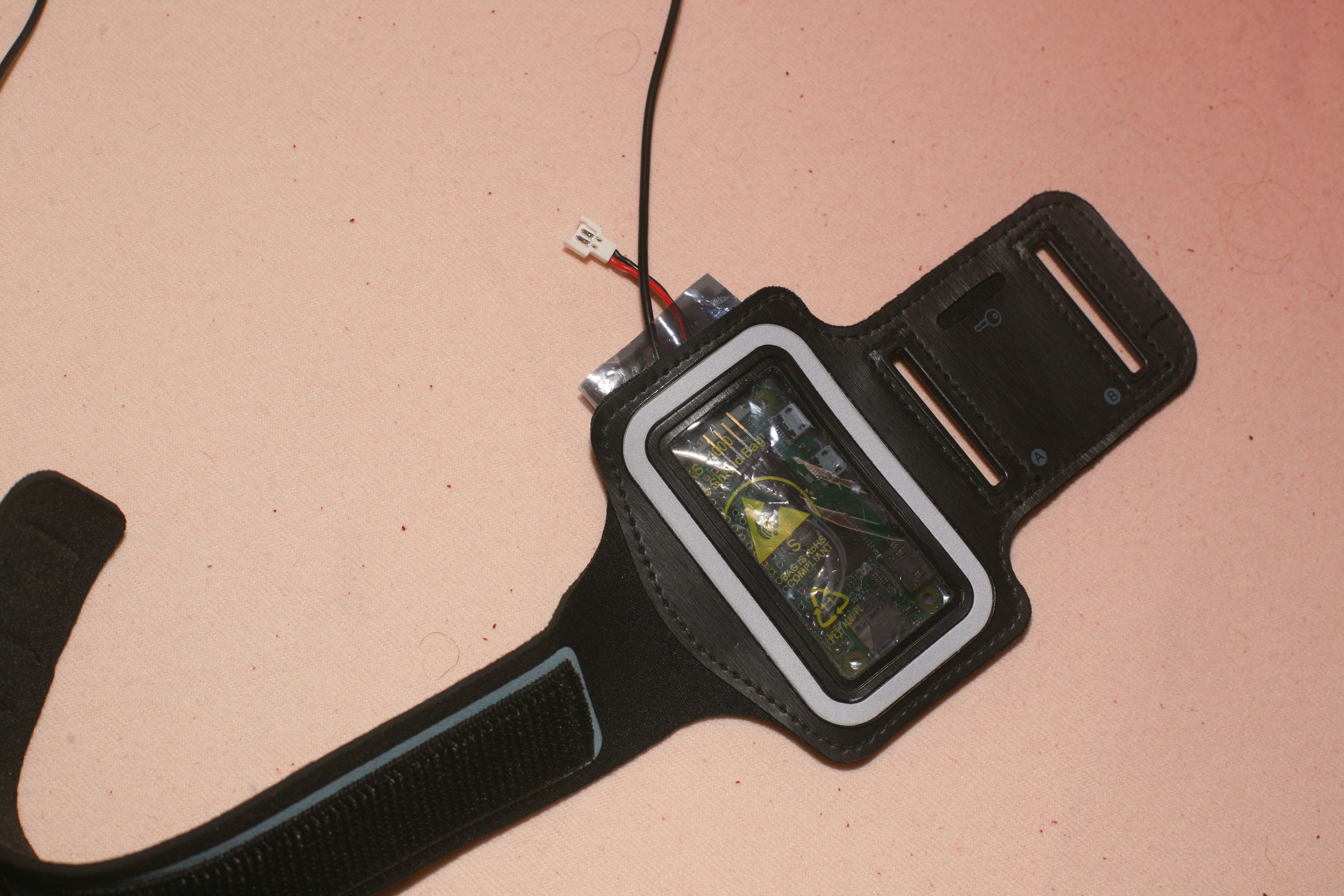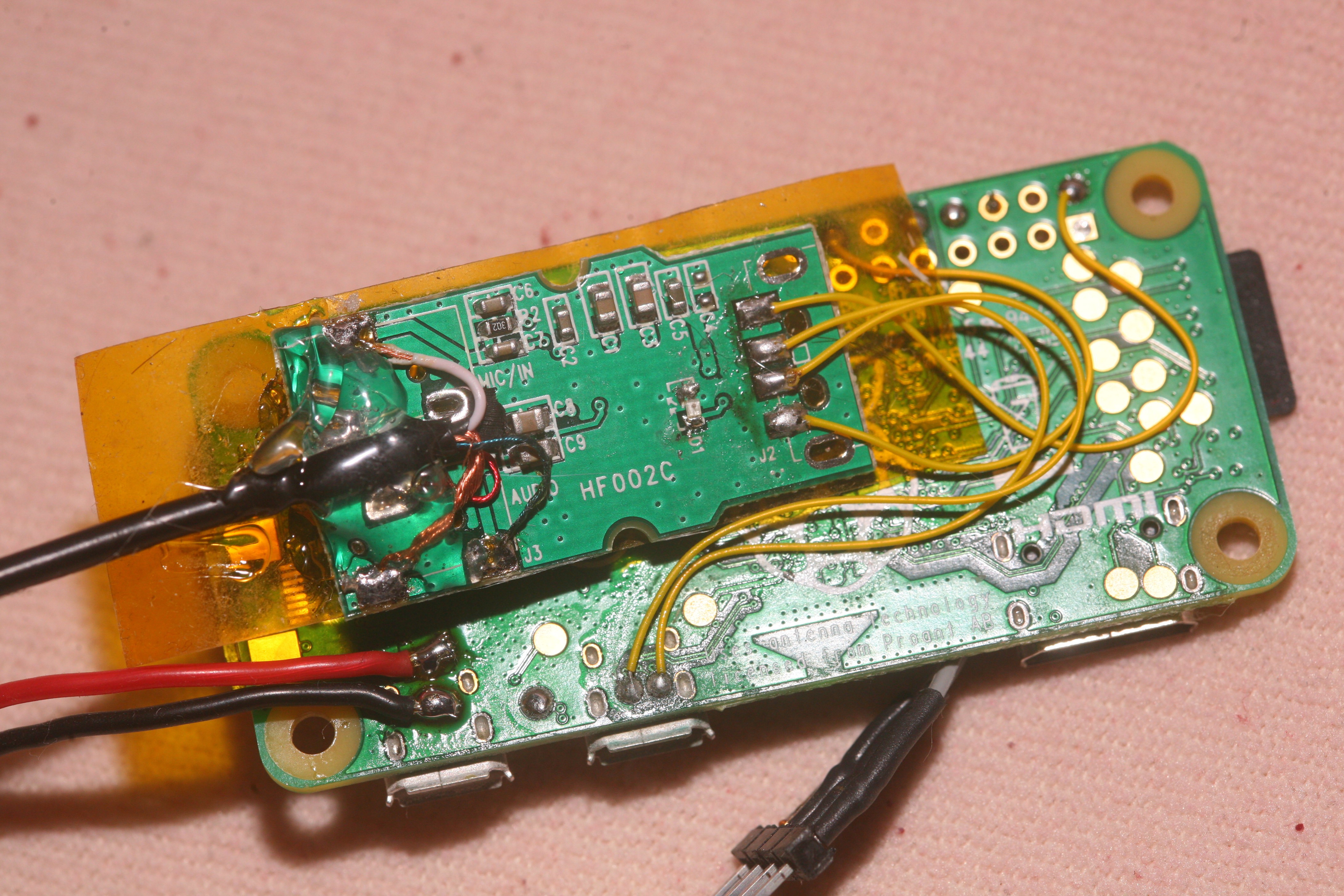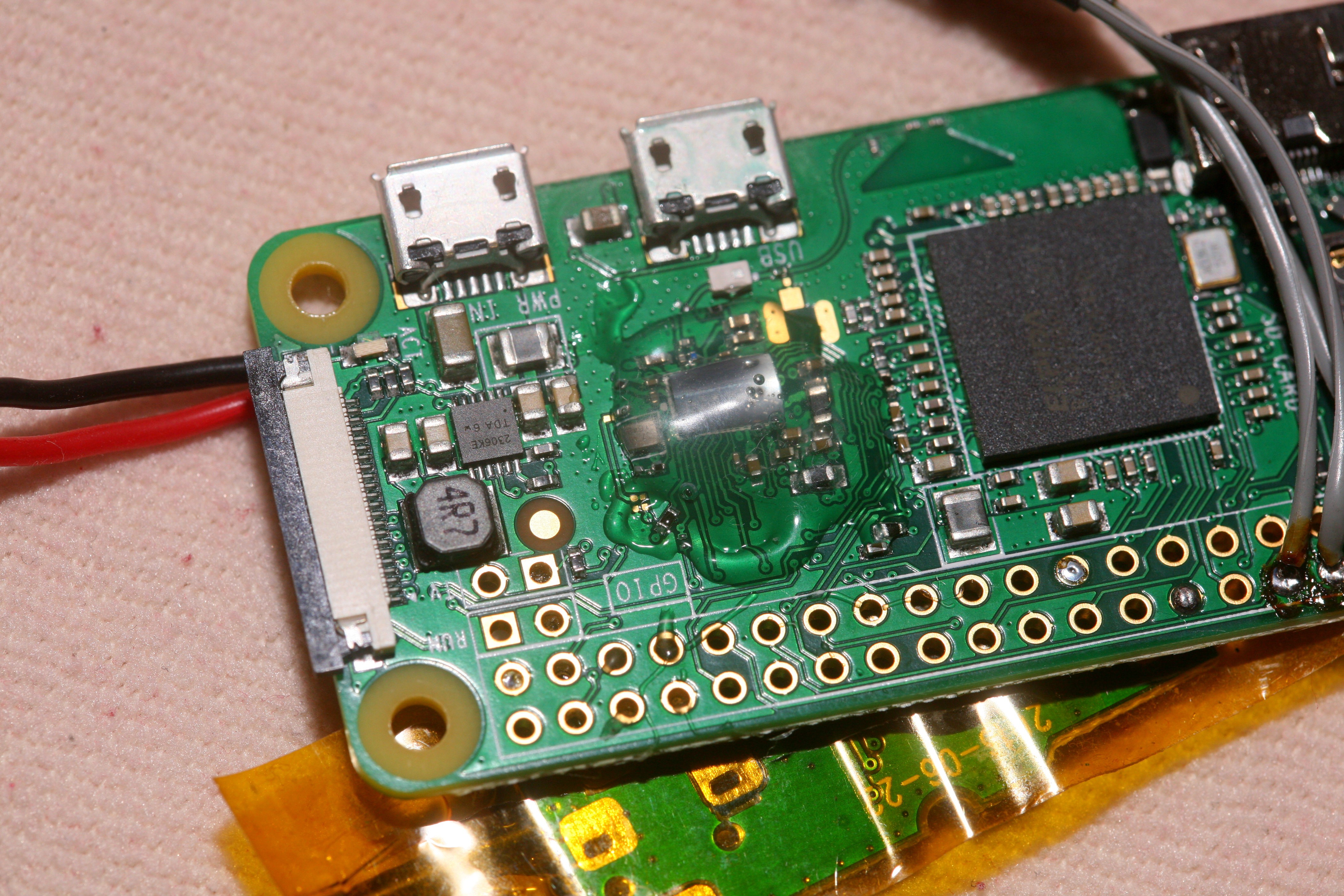The trick with jackd is it can't start from any init or systemd scripts. It appeared to always shut down before initializing the dbus components or the audio driver. Delaying the script to 2 minutes after starting up still didn't start it. Although the cause will never be known, the evidence is dbus has a protection blocking access from certain non interactive commands.
Eventually rebuilt jackd on the pi, with most of its options disabled. Dbus was one of the disabled options. It finally started from /etc/rc.local. Getting it to work without any dropouts required a period of 256. It used 10% of the CPU. Would say converting to floats & back is a negligible impact. The starting command was:
/root/jack2-1.9.12/build/jackd -P70 -p16 -t2000 -dalsa -dhw:1 -p256 -n3 -r48000 -s
It definitely needs
echo performance > /sys/devices/system/cpu/cpu0/cpufreq/scaling_governor
to boost the speed to 1Ghz. Any ssh or scp command made it drop. Gave it a static address on the router with this addition to dhcpd.conf:
host usbmic {
hardware ethernet b8:27:eb:70:fa:bd;
fixed-address 10.0.2.100;
max-lease-time 84600;
}
The power consumption when recording was now 200mA at 4V.

Sound quality was compromised, but the result was something that fit into the smallest arm band, without a battery. Shrinking the plastic bag should free up enough space to cram in a battery.

Soldering headsets is the modern technique.

Hot glued the BCM4343 to get it to last longer. There are still chances the battery could become unplugged & the pi could overheat. A larger arm band & bigger battery connector would still be smaller than a phone.
 lion mclionhead
lion mclionhead
Discussions
Become a Hackaday.io Member
Create an account to leave a comment. Already have an account? Log In.